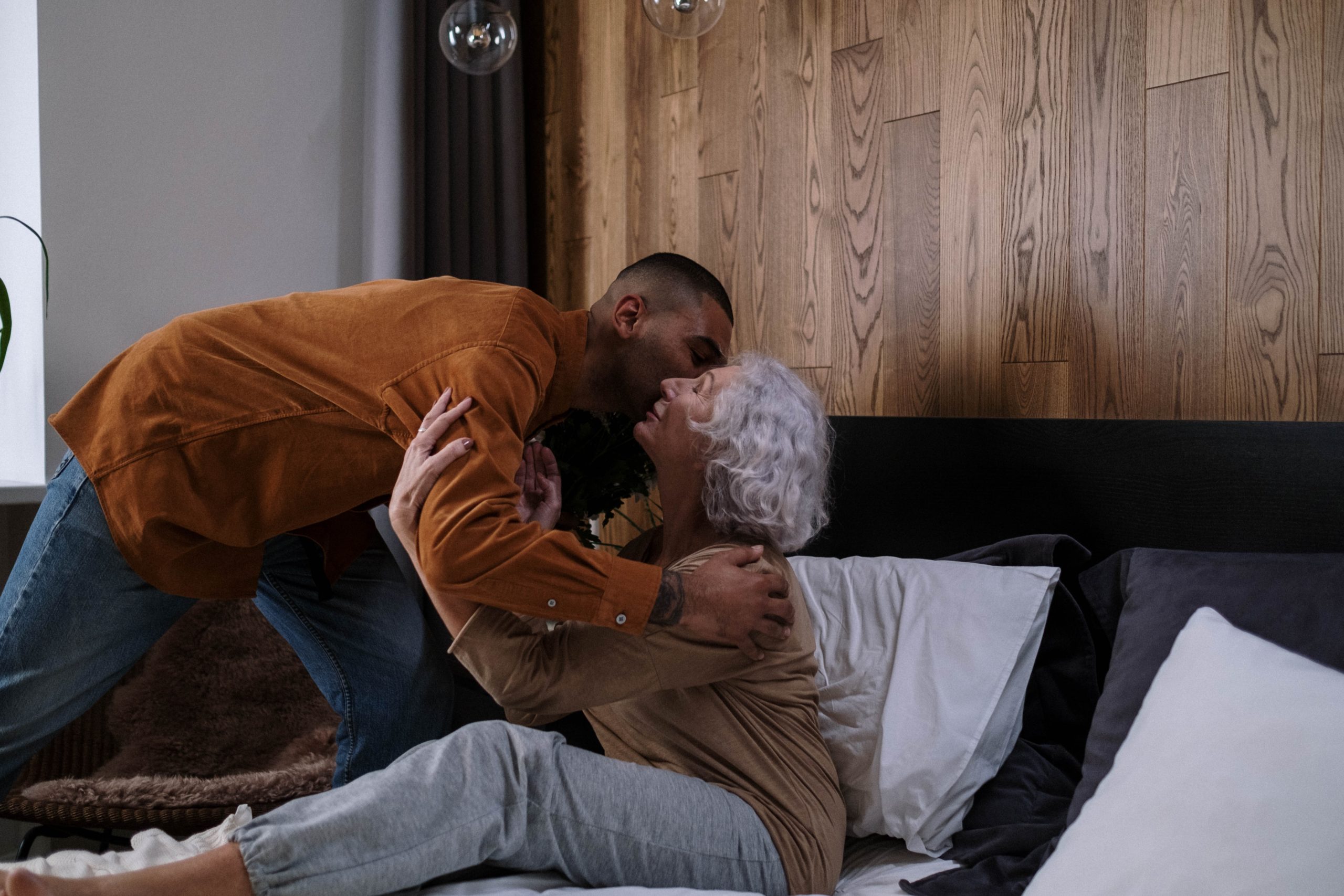Spotting Signs of Mental Illness in an Aging Loved One

An estimated 15 per cent of older adults live with mental health challenges including anxiety, depression, mood disorders and other illnesses. Unfortunately many more seniors are misdiagnosed and untreated. It can be difficult to identify mental illness later in life because many of the signs can mimic age-related issues, symptoms of chronic disease or the side effects of medications. Also, particularly for older adults, the stigma around mental illness can make reaching out for help difficult.
Mental illness should never be considered an inevitable part of aging. If left untreated, it can significantly impact a senior’s quality of life and overall health. If you think someone you love is experiencing mental health challenges, here’s what you should know.
What to Watch Out For
Although there are many changes that can happen with age, noticeable or sudden differences in mood, memory and behaviour should be taken seriously. Many of the symptoms below can be linked to other medical conditions like Alzheimer’s disease, so always speak to a doctor first to rule out physical illness. Signs of mental health struggles in older adults may include:
- Persistent sadness
- Feelings of hopelessness or guilt
- Irritability, restlessness or aggression
- Confusion and disorientation
- Social withdrawal
- Loss of interest in activities that used to be enjoyable
- Changes in appetite
- Difficulty sleeping or sleeping too much
- Frequent headaches, stomach issues or chronic pain
- Neglected personal hygiene or home maintenance
- Misuse of alcohol or prescription medication
- Suicidal thoughts or signs of self-harm
If you are worried about the safety of your loved one, call 911, take them to the emergency department, or call Talk Suicide Canada at 1-833-456-4566.
Risk Factors for Seniors
Being an older adult can come with a lot of grief, loss, loneliness and other difficult feelings. Some of the stresses or circumstances that may occur with age can trigger mental illness in older adults. While depression and other mental disorders can come on without any clear cause, some possible risk factors for seniors include:
- Loss of mobility or independence
- Impact of surgery, cancer, etc., on body image
- Side effects from medications
- Social isolation and loneliness—this has increased significantly throughout the pandemic
- Financial stress
- Death of a loved one
- Leaving the workforce
- Chronic pain or physical health conditions
- Moving or selling a home
- Family or personal history of mental illness
We know that mental health has a significant impact on physical health, and vice versa. Older adults with chronic diseases like diabetes or cancer have higher rates of depression and anxiety. For others, difficult life changes like grieving the loss of a spouse can lead to a new or returning mental illness.
How to Start a Conversation
If you have noticed concerning changes in your aging loved one, here are some tips to help you have a productive conversation about their mental health:
- Find a quiet time and place. Look for an opportunity to talk when you are both comfortable, relaxed and where there are minimal distractions.
- Ask questions. Instead of making assumptions about how the person you care about is feeling, try asking questions to learn more. For example, rather than, ‘You haven’t been acting like yourself recently’ say, ‘How have you been feeling lately?’ or ‘Can we talk about what you are experiencing?’
- Encourage professional support. Working with a mental health professional can help your loved one get the treatment they need. Research local therapists and other resources before you talk to your loved one and offer them a ride to the first appointment. Remind your loved one that if they broke their hip they would see a doctor immediately. Getting help for how they feel is just as important.
- Be respectful but persistent. If the conversation didn’t go as you would have hoped, see it as a starting point. Your loved one now knows you are worried and that you are here to support them. Bring up your concerns again once they’ve had some time to process your conversation and reflect.
- Take any threats seriously. Ask the person you love directly if they are considering self-harm or suicide. Take all signs of suicidal behaviour seriously and do not leave your loved one alone. Go directly to an emergency department or call 911.
Remember that many older people were raised at a time when mental health struggles were dismissed and discredited. Although these conversations can be difficult, your support can help encourage your loved one to get the help they need to live a safer and healthier life.
You may also like:
- Let’s Talk About Anxiety: How to Help Someone You Love
- Let’s Talk About Depression: How to Help Someone You Love
